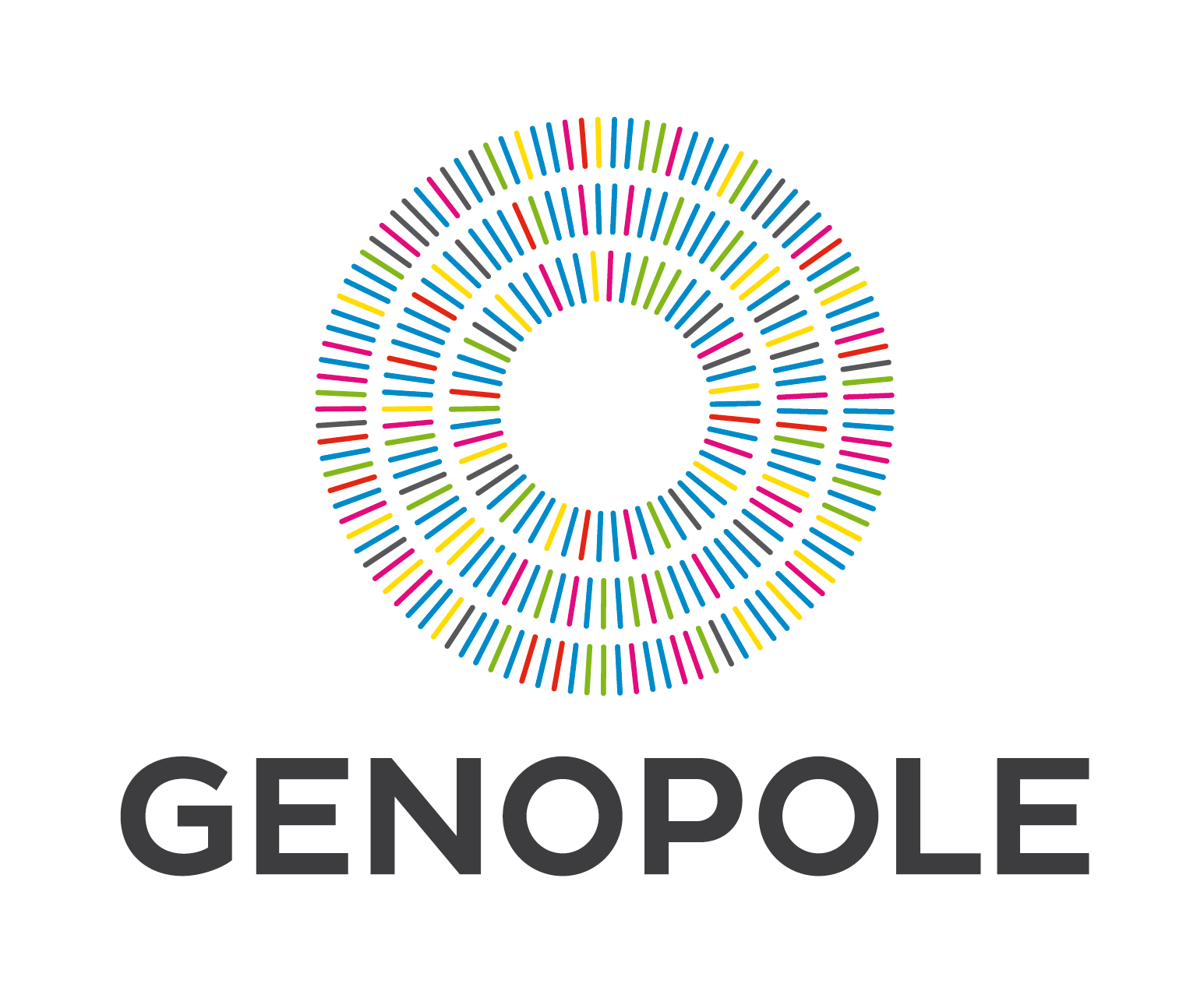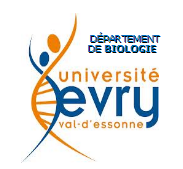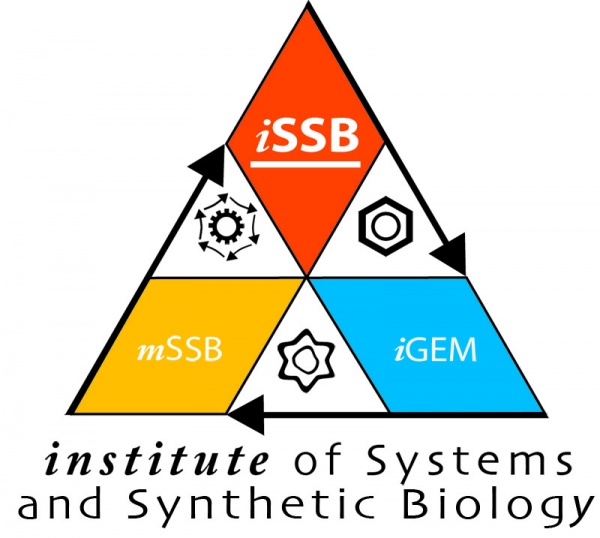Team:Evry/interactions
From 2013.igem.org
| Line 13: | Line 13: | ||
<h2>Observation</h2> | <h2>Observation</h2> | ||
| + | <p> | ||
If the ENTx genes present on our constructions are expressed, it will increase the quantity of the corresponding enzymes in the bacteria. More enzymes mean more consumption pressure on all the metabolites of the ENTEROBACTIN production pathway. As seen on <a href="#Fig1">Figure 1</a>, two metabolites could be subject to this effect : CHORISMATE and ISOCHORISMATE. | If the ENTx genes present on our constructions are expressed, it will increase the quantity of the corresponding enzymes in the bacteria. More enzymes mean more consumption pressure on all the metabolites of the ENTEROBACTIN production pathway. As seen on <a href="#Fig1">Figure 1</a>, two metabolites could be subject to this effect : CHORISMATE and ISOCHORISMATE. | ||
| + | </p> | ||
<center> | <center> | ||
| Line 34: | Line 36: | ||
<h2>Setup</h2> | <h2>Setup</h2> | ||
| + | <p> | ||
<em>Model</em> : <i>E. coli</i> iJR904 with addition of ENTSYNTH and ENTOUT reactions. | <em>Model</em> : <i>E. coli</i> iJR904 with addition of ENTSYNTH and ENTOUT reactions. | ||
Revision as of 17:36, 27 October 2013
Studying the metabolic perturbations
Question
Are there any interractions between our synthetic construction E. coli central metabolism ?Observation
If the ENTx genes present on our constructions are expressed, it will increase the quantity of the corresponding enzymes in the bacteria. More enzymes mean more consumption pressure on all the metabolites of the ENTEROBACTIN production pathway. As seen on Figure 1, two metabolites could be subject to this effect : CHORISMATE and ISOCHORISMATE.

The considered subnetwork of metabolic reactions of E. coli. Red arrows are reaction consuming compounds used in the ENTEROBACTIN production pathway. Arrows : reactions, circles : enzymes.
The ISOCHORISMATE case
Setup
Model : E. coli iJR904 with addition of ENTSYNTH and ENTOUT reactions. In order to test whether the system interacts with the metabolism of the bacteria we applied the FBA with a modification to the objective function:

By varying i between 0 and 1 we can vary the contributions of enterobacting production and biomass growth.
Simulation
The Figure 3 presents the results of the simulation following the previous settings.

Fluxes as function of the i coefficient of the modified objective function. Dotted lines : Important fluxes; Solid lines : Reactions belonging to the ENTEROBACTIN biosynthesis pathway; Dashed lines : Other reactions consuming important metabolites.
- Setup : i varied from 0 to 1 with a step of 0.01.
- The code for this model can be found at the bottom of the page
Interpretation
The graph is divided in two parts :
i < 0.303
In this part, no ENTOUT flux is present, hence there is no production of enterobactin. In the other hand there are two non-zero constant fluxes, the CHORISMATE MUTASE (at 0.28 mmol/gDW/h) and DEOXYCHORISMATE SYNTHASE (at 0.04 mmol/gDW/h). The objective function is linearly decreasing with i meaning that the system does not change in this part.
i = 0.303
For this value of i there is a brutal change in the different fluxes :
- CHORMISMATE MUTASE flux goes to 0 mmol/gDW/h
- DEOXYCHORISMATE SYNTHASE flux goes to 0 mmol/gDW/h
- ISOCHORISMATE SYNTHASE, ISOCHORISMATASE, ENTOUT fluxes goes to their maximal values 2.1 mmol/gDW/h
i > 0.303
After this value of i the system stays the same as proved by the linear increase of the objective function with i.
Conclusion
The production of enterobactin modifies the flux distribution for only two reactions out of 5 (the others have a nul flux) : CHORMISMATE MUTASE and DEOXYCHORISMATE SYNTHASE.
Thus there is an interaction between the enterobactin production system and the E. coli metabolism that happen at the level of these reactions.
 "
"













